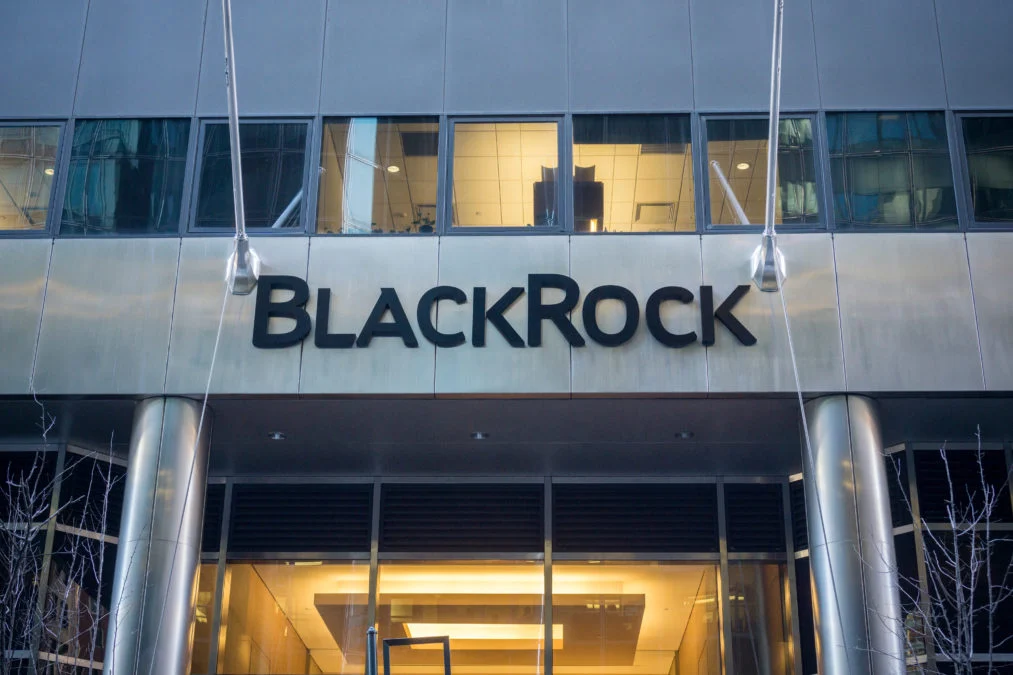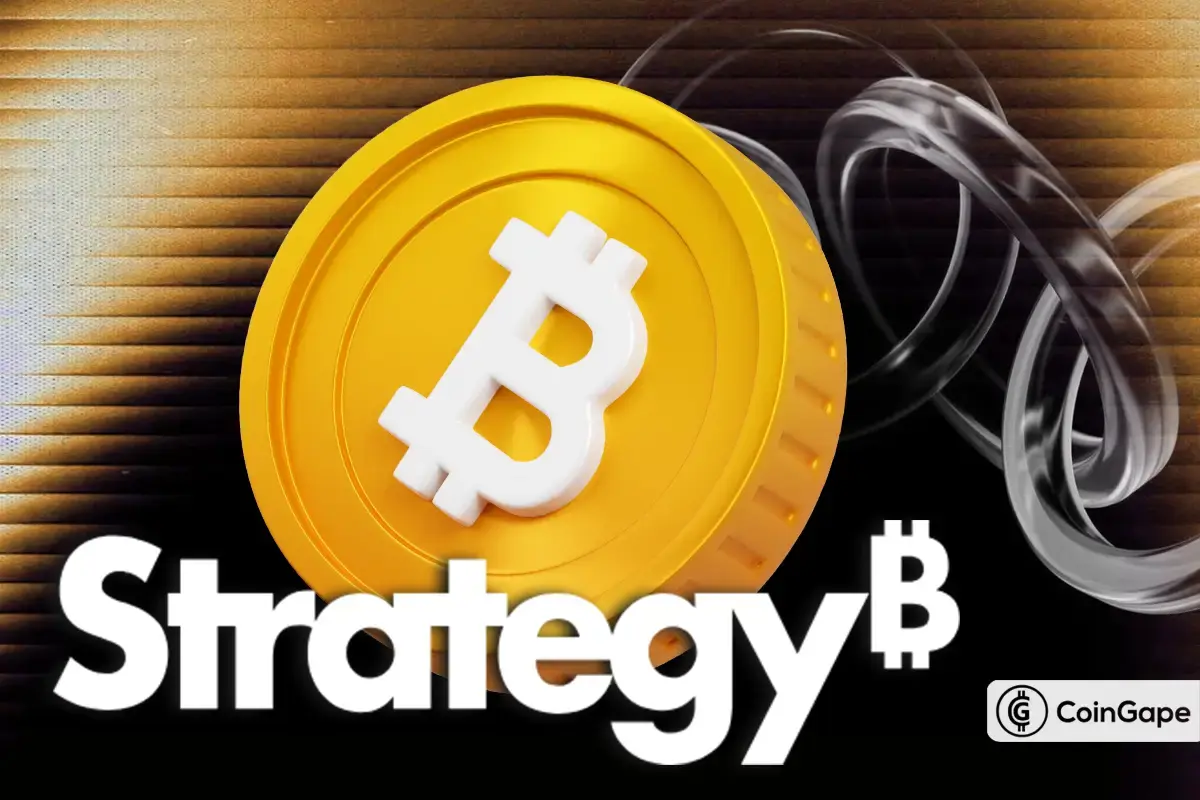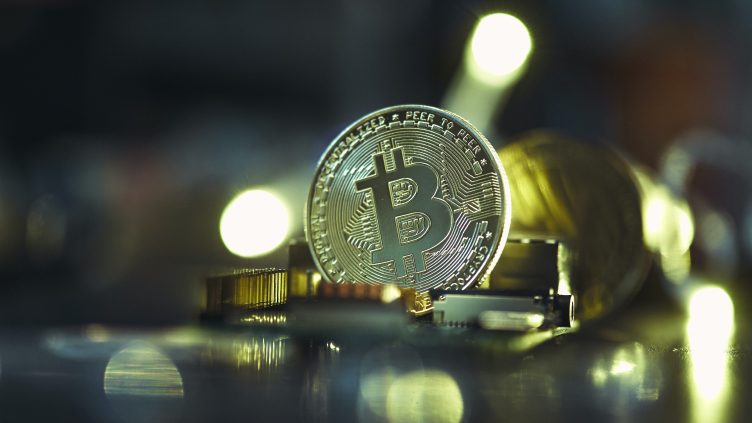Exploring the Future of Investing: Tokenization and Its Implications
In the ever-evolving world of finance, technology continues to reshape the way we invest. One such innovation gaining significant attention is tokenization. The concept was recently endorsed by Larry Fink, the CEO of BlackRock, the world’s largest asset manager, who suggested it could “revolutionize investing” by enabling every asset to benefit from blockchain technology.
What is Tokenization?
Tokenization is the process of converting rights to an asset into a digital representation, or token, on a blockchain. This digital token can then be bought, sold, and traded just like any other asset. The beauty of tokenization lies in its ability to make illiquid assets, such as real estate or artwork, more accessible and easier to trade.
The Impact on Individuals
For individuals, tokenization opens up new investment opportunities. With the ability to fractionalize ownership of assets, investors can now buy into assets that were previously out of reach due to high entry costs. For instance, buying a share in a multimillion-dollar piece of real estate or a priceless artwork becomes a reality. Furthermore, the tokenization process is more transparent, as all transactions are recorded on a blockchain, providing greater security and trust.
The Impact on the World
On a global scale, tokenization has the potential to democratize investing. By making it easier to trade and invest in various assets, it can help bridge the gap between developed and developing economies. Additionally, it can lead to increased efficiency in financial transactions, reducing the need for intermediaries and lowering transaction costs. Furthermore, tokenization can also lead to new business models and industries, such as decentralized finance (DeFi) and non-fungible tokens (NFTs), that can provide innovative solutions and services.
Use Cases of Tokenization
Tokenization has already started to make waves in various industries. In real estate, companies like RealT and Propy are tokenizing properties, allowing investors to buy fractions of a property and earn rental income. In the art world, platforms like Masterworks and Rarible are tokenizing artwork, making it easier for collectors and investors to buy and sell pieces. In the commodities sector, companies like Blockstream and Bakkt are exploring the use of tokenized commodities, such as Bitcoin-backed futures, to make trading more accessible and efficient.
Conclusion
Tokenization represents a significant shift in the way we invest and transact. By converting ownership rights into digital tokens, it opens up new opportunities, makes illiquid assets more accessible, and increases transparency and security. As the technology continues to evolve, we can expect to see more use cases and applications, leading to a more efficient, accessible, and democratic financial system.
- Tokenization is the process of converting rights to an asset into a digital representation on a blockchain.
- It enables individuals to invest in previously out-of-reach assets and provides greater transparency and security.
- On a global scale, tokenization can democratize investing, increase efficiency, and lead to new business models and industries.
- Use cases of tokenization include real estate, art, and commodities.





